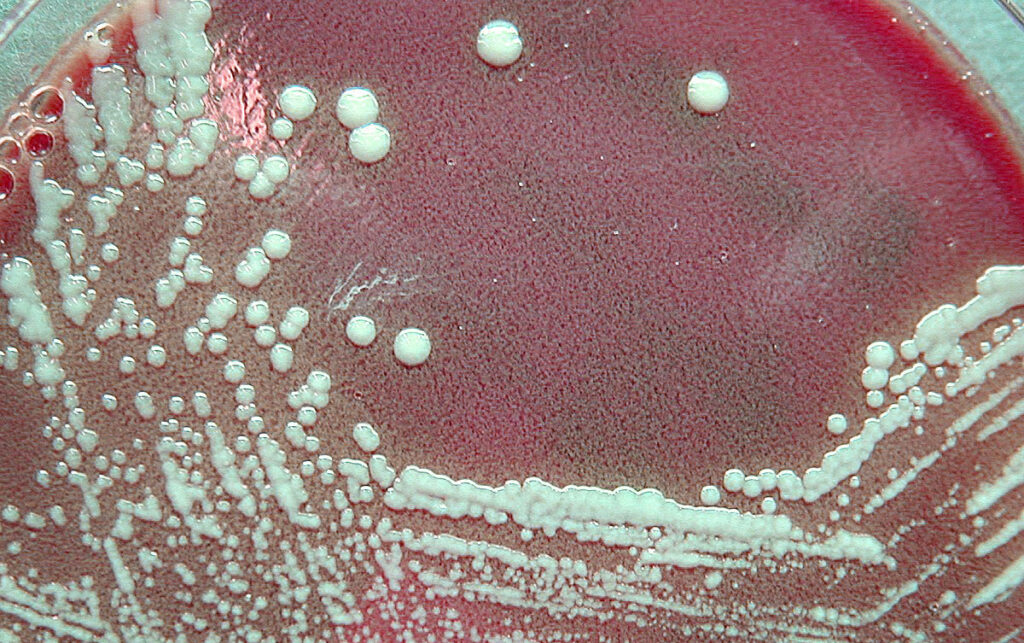Appili Therapeutics Inc. has announced new peer-reviewed findings supporting the efficacy of its tularemia vaccine candidate, ATI-1701, in protecting against aerosolized Francisella tularensis exposure in multiple animal models. The study, published in Vaccine, was conducted in collaboration with biodefense research teams in the U.S., Canada, and Sweden.
Tularemia, caused by the highly infectious bacterium F. tularensis, is a Category A biothreat pathogen. It can be aerosolized, has an infectious dose of fewer than 10 organisms, and is over 1,000 times more infectious than anthrax. There is currently no licensed tularemia vaccine in the United States or other major global markets, making it a high-priority target for medical countermeasure development.
The published work evaluated ATI-1701’s performance in rats and cynomolgus macaques. The vaccine is a novel live-attenuated strain of F. tularensis, designed to elicit immunity against the most virulent strains, including SCHU S4.
Key findings include:
- Durable protection in rodents: Rats vaccinated with ATI-1701 exhibited 100% survival when challenged with aerosolized SCHU S4 up to one year later, even at doses exceeding 10,000 times the median lethal dose (LD50).
- Protection in non-human primates: Cynomolgus macaques showed up to 100% survival, reduced clinical disease, and improved histopathological findings compared to unvaccinated controls.
- Robust immune responses: Vaccinated animals developed strong antigen-specific antibody titers, which correlated with survival.
According to the authors, these results underscore ATI-1701’s potential for long-lasting, dose-dependent protection against inhalation exposure, the route considered most relevant for biodefense planning. The study was conducted under the auspices of ongoing collaborations with the U.S. Department of Defense, which has identified tularemia countermeasures as a critical need.
ATI-1701 remains in preclinical development. While human trials have not yet been initiated, the new data may help inform future regulatory and biodefense procurement pathways.
These studies are part of an international collaboration aimed at advancing countermeasures for Select Agents—pathogens and toxins regulated in the United States due to their potential to pose severe threats to public health and national security. Progress in this field often depends on sustained federal investment, as there is little commercial incentive to develop vaccines for rare but high-consequence threats. The program highlights the role of coordinated efforts between U.S., Canadian, and Swedish partners in maintaining readiness, particularly during periods when biomedical research infrastructure and grant funding are now faced with significant constraints.
Elkins KL, Mittereder LR, De Pascalis R, et al. Vaccination with a novel live attenuated strain of Francisella tularensis subsp. tularensis protects cynomolgus macaques against aerosol F. tularensis infection. Vaccines, 30 August 2025.


